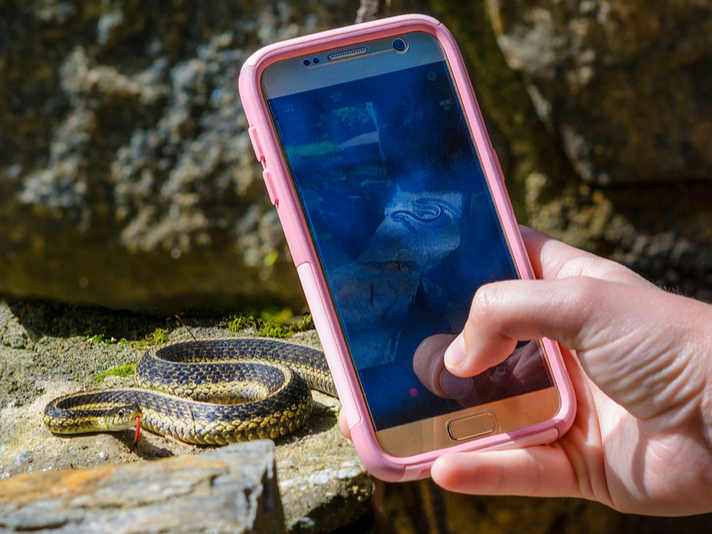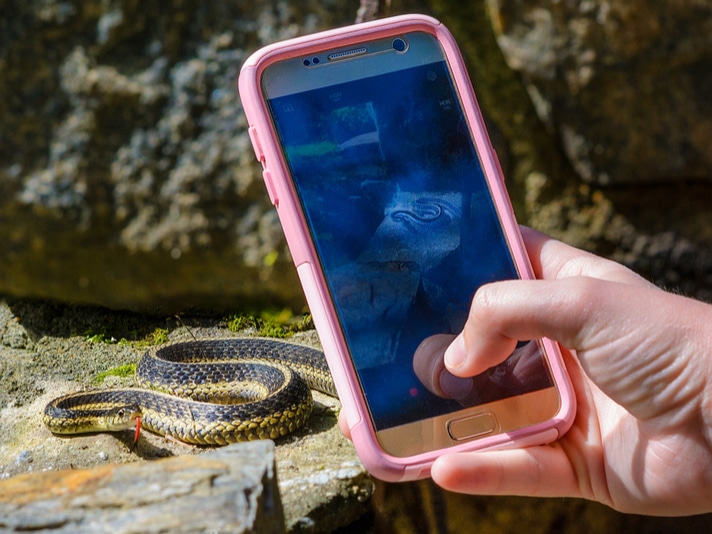Take lots of photos and post them where they’ll be seen widely, like on Internet forums.
Question: What’s the best way to get noticed as a herp photographer?
Ed Zimmerman, Columbus, Ohio

K Quinn Ferris/Shutterstock
Cull your images ruthlessly so only your very best shots are ever seen in public.
Answer: Take lots of photos and post them where they’ll be seen widely, like on Internet forums. Prolific photographers who constantly display new work stay in peoples’ minds and memories, while also proving they’re actively taking new images. Potential buyers, in particular, value that because once they’ve found someone who consistently and frequently takes quality shots, it makes their lives easier than constantly having to hunt down new sources.
Incorporate a signature of some sort onto all your images that end up in cyberspace, so interested parties can track you down if they wish to use or buy the high-resolution versions. Only post low-resolution examples that aren’t of high enough quality to print on paper, so your work isn’t as likely to be appropriated with no compensation to you. People will steal your shots for online use, but for printed matter like books and magazines, most publishers must stand behind their products and recognize, if not compensate, the authors of the images they use.
Most importantly, cull your images ruthlessly so only your very best shots are ever seen in public. Too often these days, I see series of similar images posted that are virtually alike. This is extremely silly and unhelpful to a hopeful career in photography. The public doesn’t have time to wade through dozens of look-a-like pictures that you didn’t bother to cull yourself, and editors also don’t want to do your homework for you by having to sort through piles of images to see if any are worthy of use.



